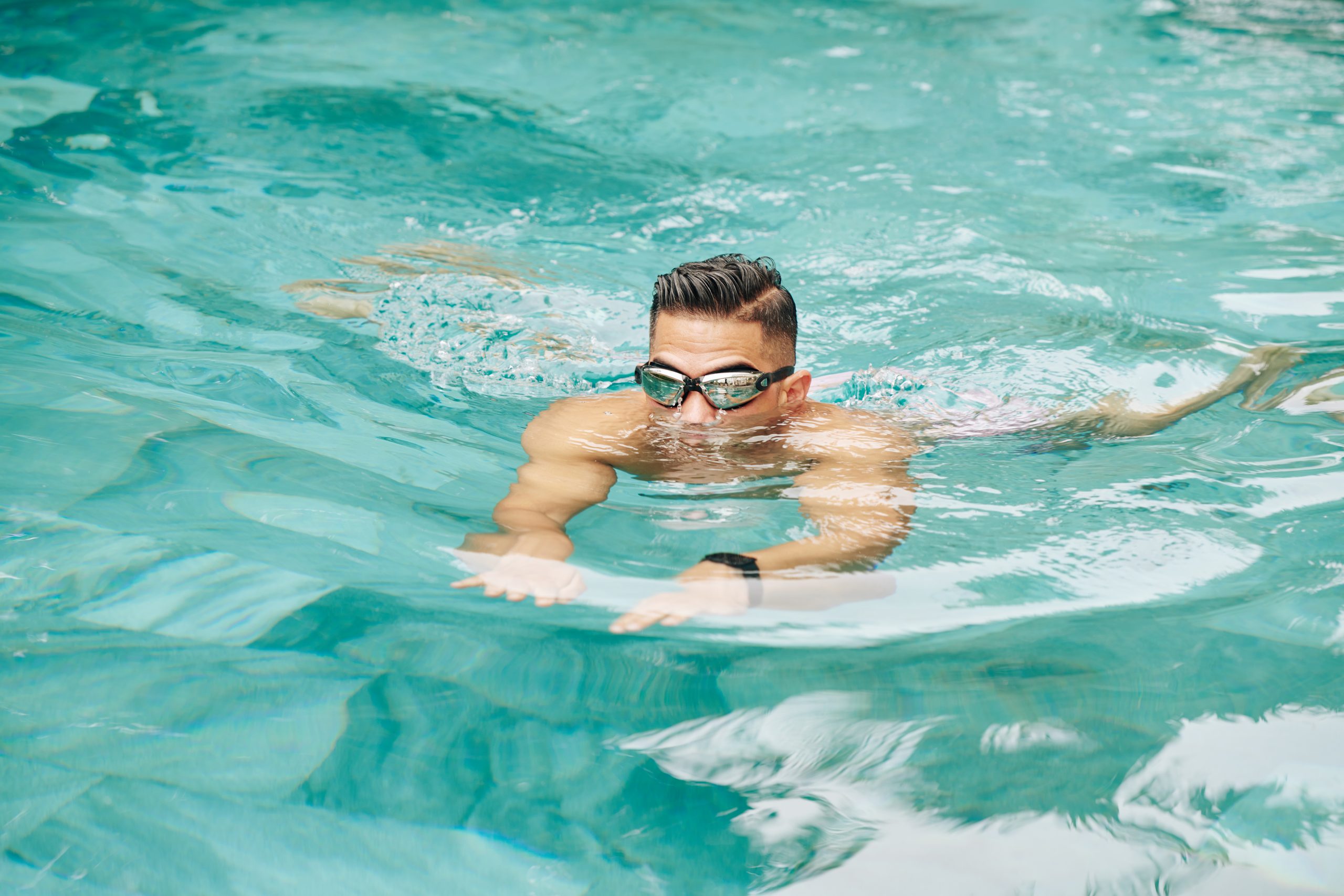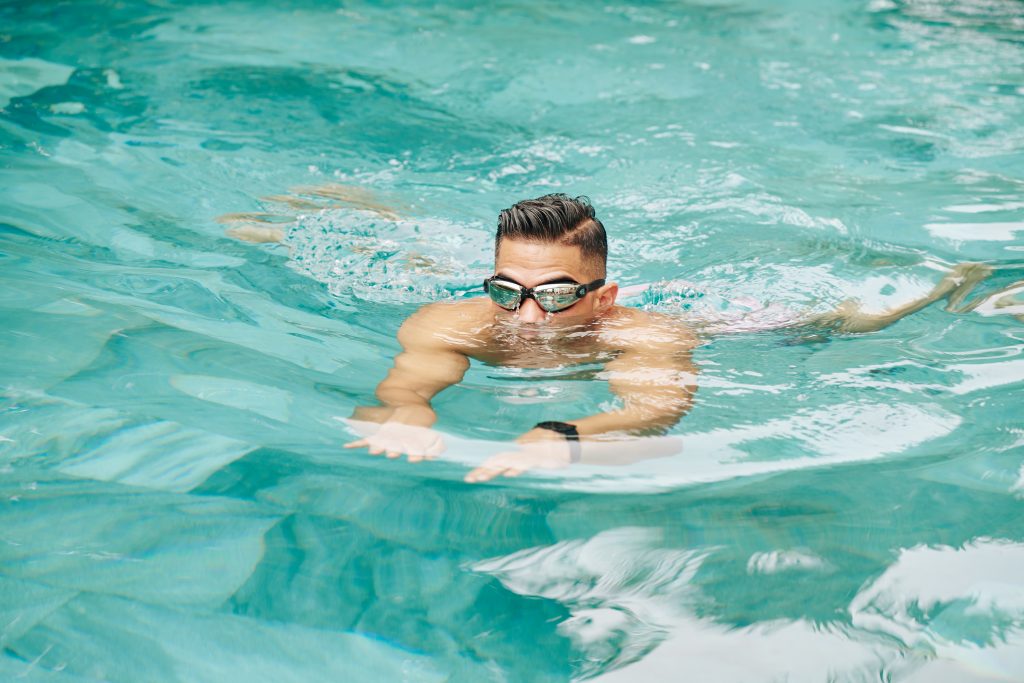
The general vision of the educational process on land and in water, developed in swimming centers or even in the school or college itself, proposes the study of the following psycho-pedagogical factors
a. The interaction between people in their role as educators: parents, supervisors, etc. and students. Older people, students, children, siblings, friends, etc. represent a wide world in daily work because of their diversity and the different stages of maturity of human development. What we need to do is to “help each other”, do we know each other?
b. They use their symbolic and communication skills to establish relationships between people using physical, gestural and/or verbal language. Thanks to their own cognitive and social abilities, people’s creativity and imagination come into play when they use this variety of expressions that require appropriate interpretation.” 2 Do we understand each other? Are we talking about the same thing?”.
c. The environment of education is constantly changing, making the work of the educator one in which knowledge and the “art of educating” are constantly being explored. Consider the possibility of using natural learning environments (campgrounds, swimming pools, beaches, etc.) and the possibility of using existing didactic resources with natural, man-made and/or constructed materials. “Where are we? What do we expect?
d. the pedagogical action that we understand as a global process of attention and care that offers a set of recommendations and values that are important for all members of the pedagogical action and that can facilitate their reception as well as their participation in its relevance. It is about giving meaning to planning, whose programs are developed based on the individual abilities and collective interests of the learners. Reflection on one’s own actions and the search for alternatives requires constant review and evaluation of the process.

